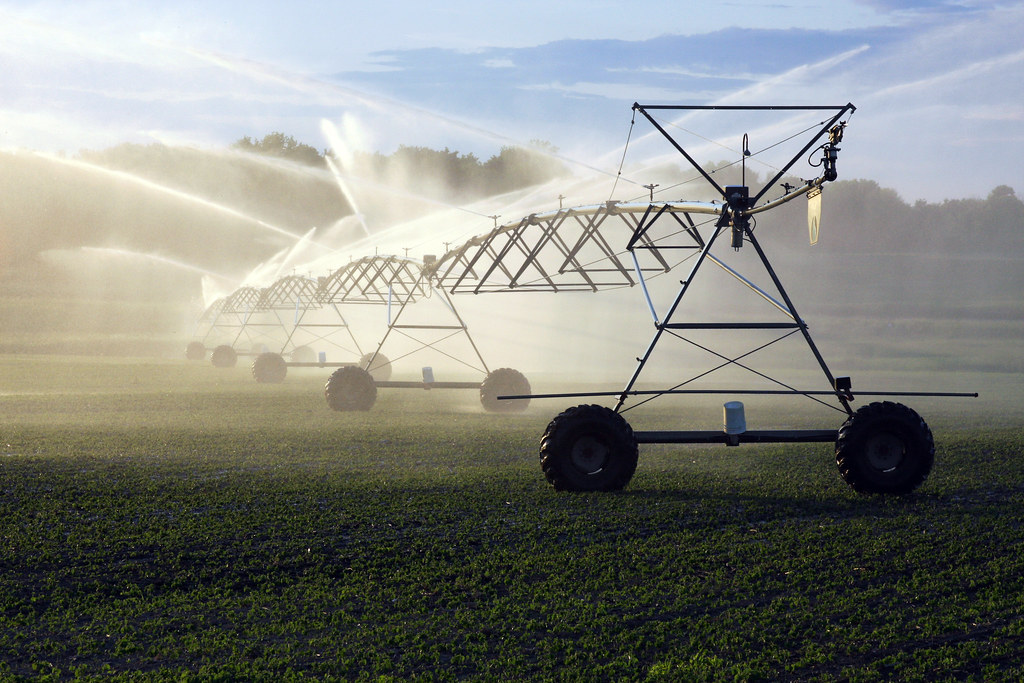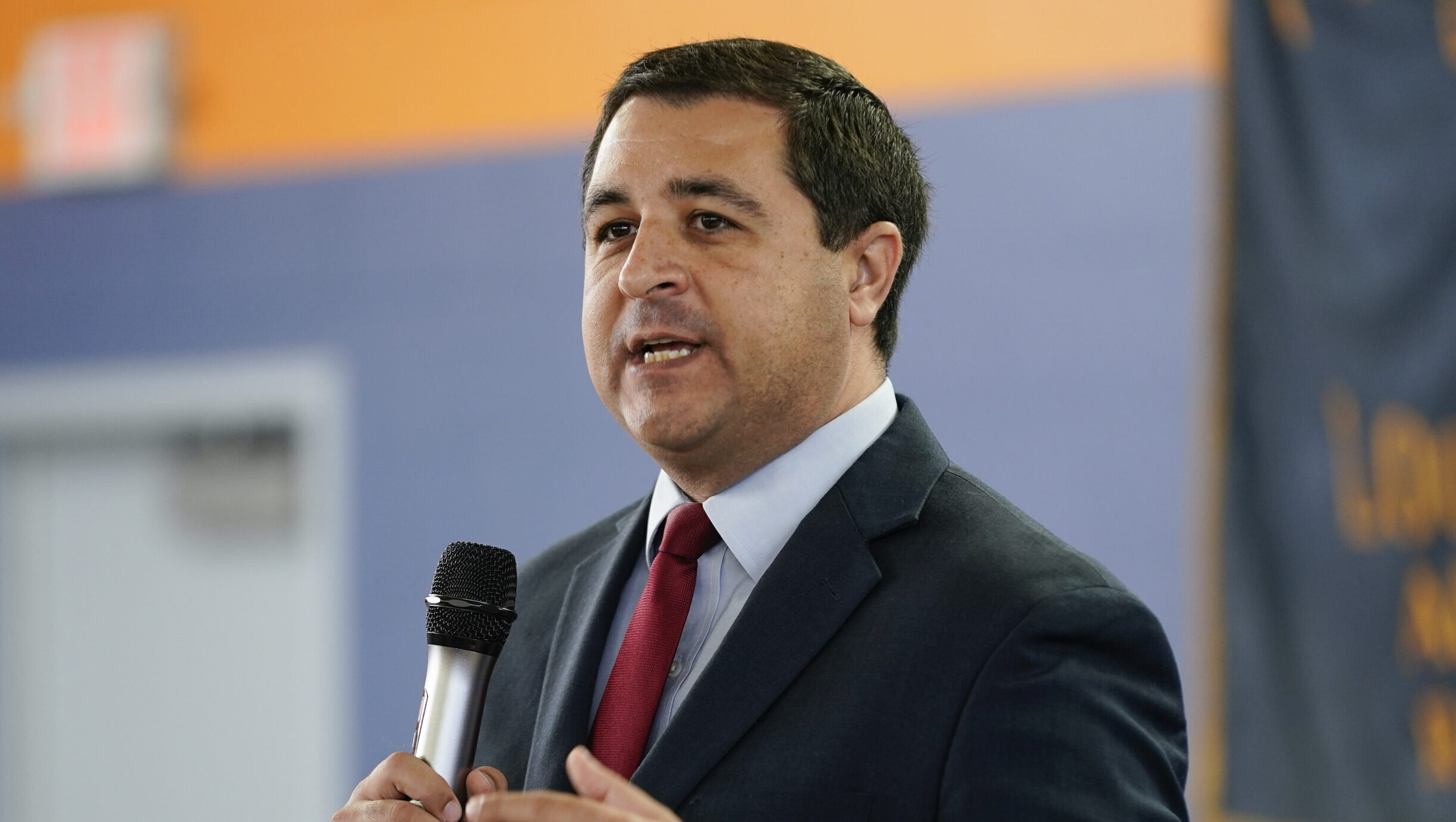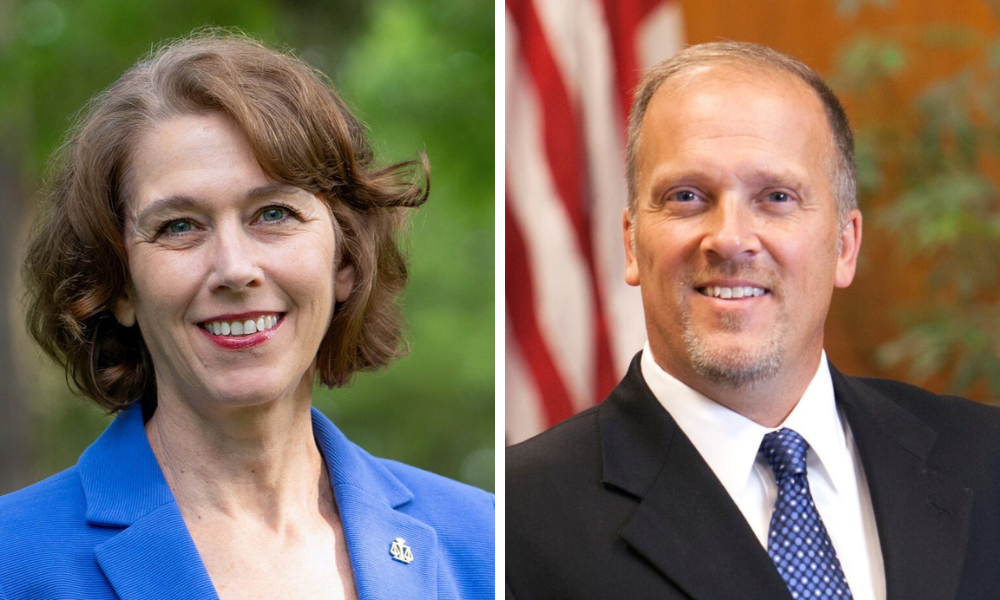Wisconsin Attorney General Josh Kaul says the state Department of Natural Resources can weigh the collective environmental impacts of high-capacity wells on state waters. The move reverses a contested opinion from former Attorney General Brad Schimel.
Schimel’s opinion, issued in 2016, countered a 2011 Wisconsin Supreme Court case, known as the Lake Beulah decision, that ruled the agency does have the authority to consider when such wells harm state waters, prompting legal challenges from environmentalists. The state’s former top legal advisor argued the 2011 law known as Act 21, which was passed shortly before the Supreme Court ruling, limited the regulatory authority of state agencies to what’s expressly written in state law.
The wells, which can draw more than 100,000 gallons per day, are vital for irrigating farm fields, but they’ve raised concerns over waters drying up in some areas of the state.
Stay informed on the latest news
Sign up for WPR’s email newsletter.
Kaul withdrew the opinion last Friday in a letter to the DNR after DNR Secretary Preston Cole questioned whether the opinion was still valid.
Kaul said two court decisions, one from Dane County Circuit Court and the other from the Wisconsin Court of Appeals, have since “concluded” or “implied” Schimel was wrong. However, the Wisconsin Supreme Court has yet to weigh in on the case, which was accepted for review last year.
Wisconsin Manufacturers & Commerce (WMC), which is an intervenor in the state Supreme Court case, called the move “highly inappropriate.”
“It’s the subject matter of ongoing litigation, and the rules governing attorney general opinions say very specifically that attorney generals should not do something like this with litigation pending,” said Scott Manley, executive vice president of government relations for WMC.
Criteria for opinions note they shouldn’t be requested on an issue that’s the subject of litigation. A spokeswoman for the Wisconsin Department of Justice said Schimel issued his opinion while litigation was already underway in a separate case regarding the DNR’s authority under Act 21.
Attorney General Kaul withdrew an existing opinion. Yet, he noted in the letter to Cole that the state Supreme Court would “likely resolve” whether Schimel’s opinion accurately interpreted the law.
Manley contends the law is clear.
“The Legislature has not given the (state) Department of Natural Resources explicit authority to do cumulative impacts with respect to high-capacity well permits,” he said.
He added that the 2011 state Supreme Court ruling was made under a different set of laws than exist today.
Environmental group Clean Wisconsin applauded the withdrawal of Schimel’s opinion, saying it has impacted billions of gallons of water in the state.
“What it means for us is that (the) DNR will be allowed to do its job again, be able to use sound science to decide on appropriate water use for high-capacity wells,” said Amber Meyer Smith, vice president of government relations for Clean Wisconsin. “They have not been able to do that in many years now because of this flawed opinion that then Attorney General Schimel had issued, and that’s really led to a huge giveaway of water in our state.”
The Wisconsin Dairy Business Association, which is also an intervenor to the case, said the withdrawal of Schimel’s opinion could have a potential impact on current or future permit applications for new wells.
John Holevoet, the association’s director of government affairs, said they anticipate there will be new requests for high-capacity wells from the dairy industry but likely not many in the near future.
“Because of the COVID-19 situation, it’s probably not a time where you’re gonna see a large amount of expansion,” Holevoet said. “So the timeline between now, when this reversal came, and when we get more clarity from a Supreme Court decision, I’d actually be surprised that there’s that many new applications that go in and are impacted by this change.”
A DNR spokesperson said the agency is reviewing the attorney general’s letter and determining how it will approach pending or future permit applications. The agency has approved 852 high-capacity well applications since Schimel’s opinion was issued in 2016, according to data from the DNR website.
The case before the Wisconsin Supreme Court is pending after the Legislature sought to intervene in the case — a power lawmakers granted themselves during the December 2018 extraordinary session. The state’s high court upheld the actions of lawmakers during the lame-duck session after several lawsuits were filed challenging laws passed during that time.
Wisconsin Public Radio, © Copyright 2025, Board of Regents of the University of Wisconsin System and Wisconsin Educational Communications Board.




